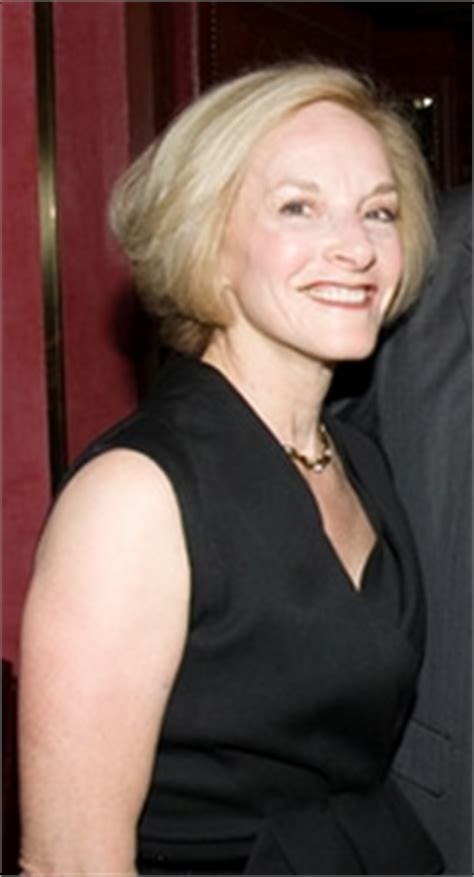A Quote by John Ralston Saul
We all need a bit of self-delusion. It gets us over the difficult spots.
Related Quotes
Speaking of Self-realizatio n is a delusion. It is only because people have been under the delusion that the non-Self is the Self and the unreal the Real that they have to be weaned out of it by the other delusion called Self-realizatio n; because actually the Self always is the Self and there is no such thing as realizing it.
Over time you learn to know a bit more about yourself - you develop a certain amount of self-insight and self-awareness, and you know what you can absorb, and what you cannot; what gets to you and what doesn't. And I observe a lot. I see a lot around me. And over time you also get to understand the nature of man and the environments you are dealing with, and you can't always allow emotions and temper to flare up because you're displeased with something, or you want to change it.
I mean, I understand that because they're disadvantaged that they deserve their own parking spots, but do they have to make them so wide? I never understood how these people were allowed to drive cars but they get these really neat chairs with wheels and they're still not happy, so instead of parking their wheelchairs in the designated spots, they upstage us normal people and get the best parking spots with vehicles that are clearly too sophisticated for them to be handling. Still, you should smile at a cripple, because it's the only bit of happiness they'll ever have.
To me, the human move to take responsibility for the living Earth is laughable - the rhetoric of the powerless. The planet takes care of us, not we of it. Our self-inflated moral imperative to guide a wayward Earth, or heal our sick planet, is evidence of our immense capacity for self delusion. Rather, we need to protect ourselves from ourselves.
Most of us live our lives desperately trying to conceal the anguishing gap between our polished, aspirational, representational selves and our real, human, deeply flawed selves. Dunham lives hers in that gap, welcomes the rest of the world into it with boundless openheartedness, and writes about it with the kind of profound self-awareness and self-compassion that invite us to inhabit our own gaps and maybe even embrace them a little bit more, anguish over them a little bit less.

































